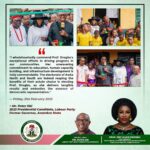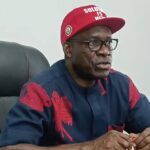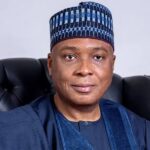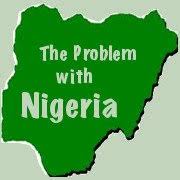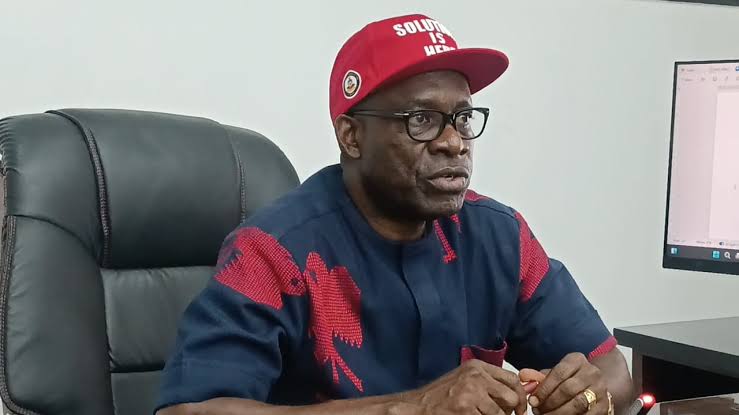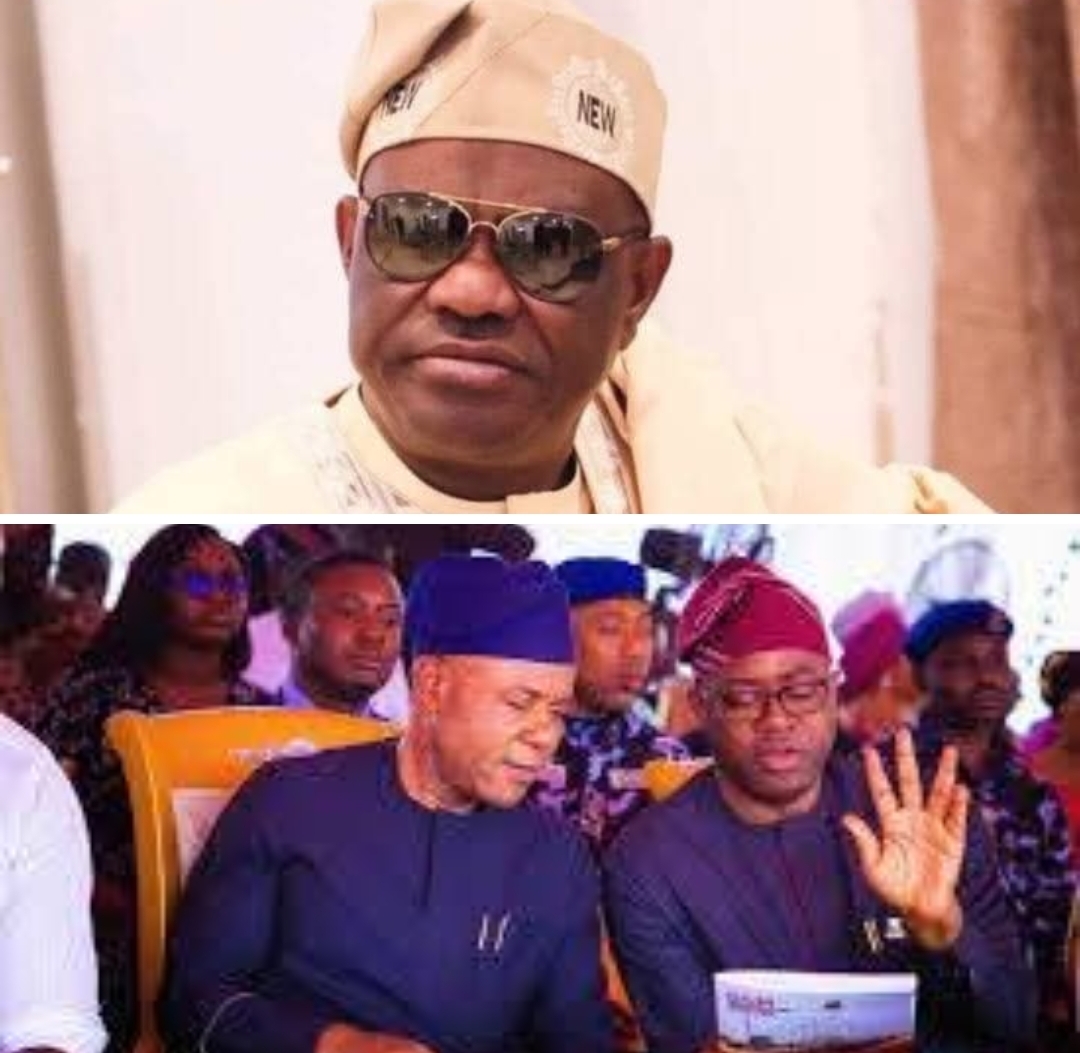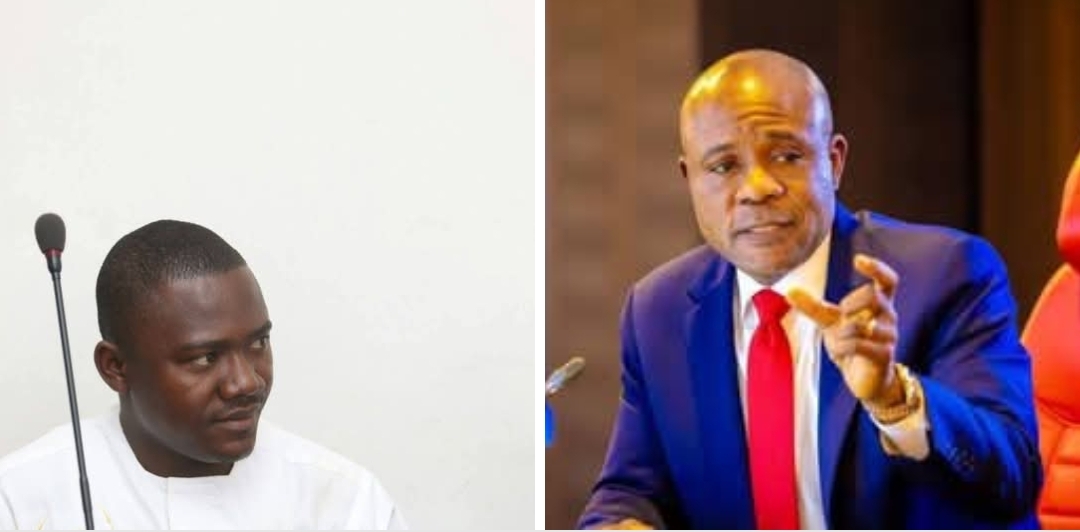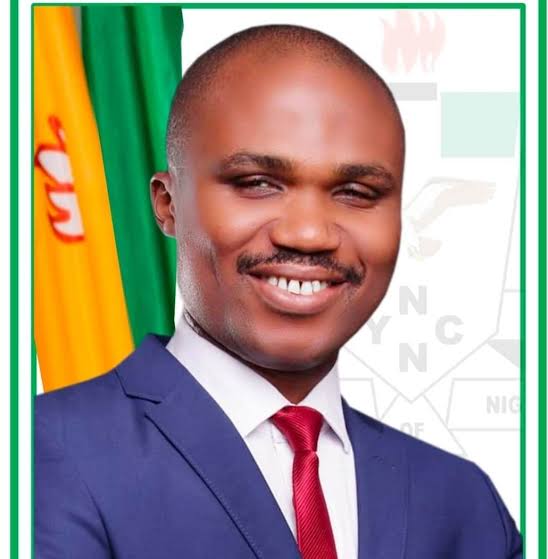By Basil Odilim
Nigeria is the only OPEC nation where individuals, not the state, own oilfields. Nowhere else do national assets transition so seamlessly into private hands under the pretense of legality. But who are these individuals? And why is their ownership never questioned in court?
Road contracts are inflated by as much as 5000%—a scale of fraud that should provoke outrage. Yet, no investigations follow. Who is orchestrating these crimes? Why are there no legal consequences for looting on this scale?
The banking sector is an extension of this racket. CEOs with questionable credentials wield unchecked power, siphoning wealth greater than that of entire states. Banks openly exploit depositors, manipulate currency policies, and facilitate money laundering—yet no regulator dares to intervene.
Politicians accused of looting billions don’t face jail—they ascend to higher office. The EFCC stages Hollywood-style arrests, but no convictions follow. These men—whose personal fortunes outstrip Nigeria’s national reserves—walk free. How is this possible?
For most Nigerians, this defies logic. But the answer lies not in governance but in the real power structure.
Across the world, from Washington to Beijing, shadow networks shape political and economic control. Nigeria is no exception. But while other nations domesticate their ruling elite, Nigeria’s elite remain on a leash—held by foreign hands.
The powerful in Nigeria do not truly govern. They are custodians of wealth for external interests—answerable to forces beyond our borders. Western financial networks dictate terms; their local collaborators—politicians, bankers, and oil magnates—enforce them. The flow of stolen wealth doesn’t stop in Abuja or Lagos—it ends up in London, Geneva, and New York.
*Even local fraternal networks like the Ogboni and the Pirates operate under foreign oversight. Their leaders, under constant threat of exposure or prosecution, are mere messengers. Their role is simple: ensure the continuous extraction of Nigerian wealth.
*
The strategy is both brutal and effective. Keep the people in perpetual survival mode so they never question the system. Fuel ethnic and religious divisions so they never unite against it. Reward politicians who loot—but only if they remain loyal to the structure.
This is why corruption is not punished—it is incentivized.
The EFCC, the police, and the security agencies are not neutral institutions. They are gatekeepers of this system. But their actions are ultimately dictated by one institution above all—the judiciary.
In Nigeria, the judiciary is not an impartial arbiter of justice given that the judges themselves are elevated members of these secret societies. That is why it is the final line of defense for the elite members of the secret societies. Judges are not there to uphold the law; they exist to read judgments member lawyers of these secret societies write and hand to them.
When high-profile looters are arrested, their cases disappear in court. When banks defraud millions, the judiciary ensures no real consequences follow. When politicians and business tycoons steal public funds, the courts grant them endless injunctions, delays, and acquittals.
Judges and justices who dare to act independently are either removed, bribed, blackmailed, or silenced. Many of them owe their appointments to the very criminals they are supposed to hold accountable.
This is why the rich in Nigeria do not fear the law. They own the courts.
Nigeria is filled with men who, on paper, have no businesses, no industries, no known sources of income—yet they live in unimaginable wealth. They drive Rolls-Royces, own mansions across Europe and Dubai, fly first class at will—without scrutiny.
Why? Because their wealth is not accidental. It is payment for their role in this system.
They do not innovate. They do not produce. Their only job is to maintain the status quo.
At the core of this operation sits the Central Bank of Nigeria. An institution with the power to create money from thin air—yet accountable to no one. It moves wealth in silence, sustaining the system that keeps Nigerians trapped in poverty.
Every naira devaluation, every fraudulent subsidy, every manipulated financial policy serves one purpose: to extract and transfer wealth upwards.
Nigeria’s problem is not mismanagement—it is deliberate, systematic looting.
The first step to dismantling this system is understanding its design. The masses must realize that their suffering is not random—it is carefully engineered. The next step is rejecting their distractions. The more Nigerians see beyond tribalism, beyond party lines, beyond staged political rivalries—the closer we get to collapsing their house of cards.
Because no system—no matter how entrenched—can survive when the people it exploits finally wake up.

